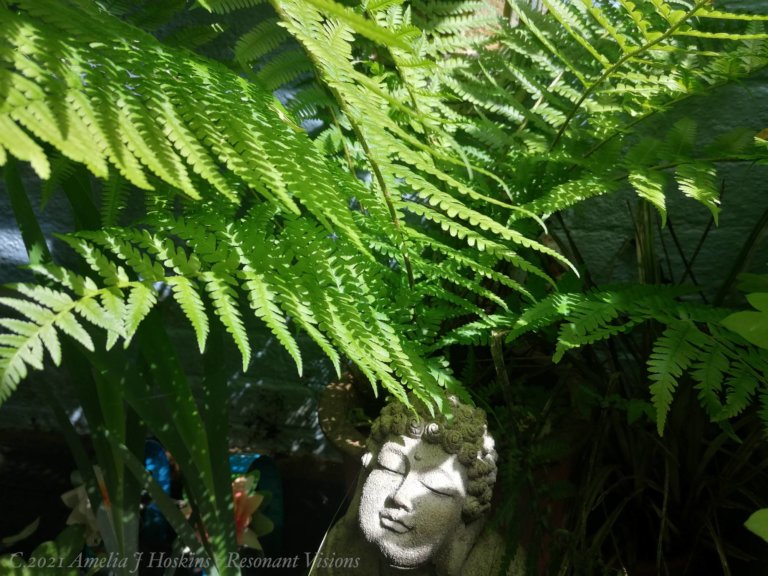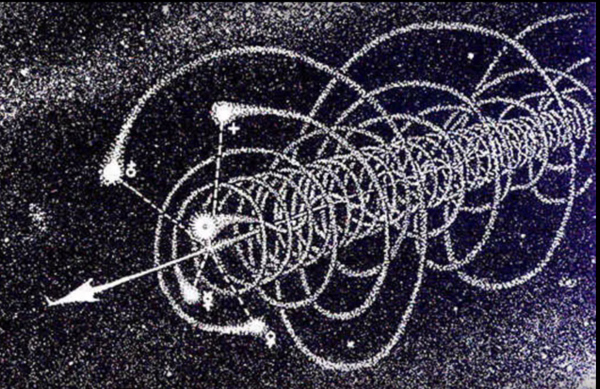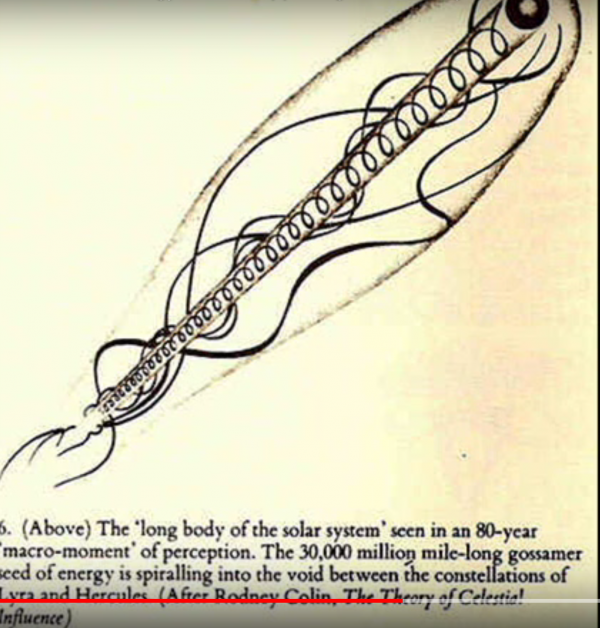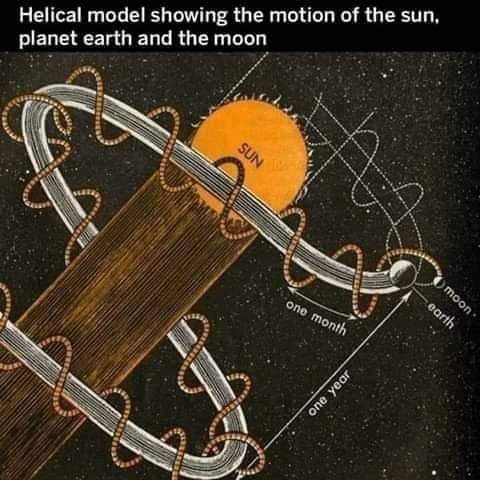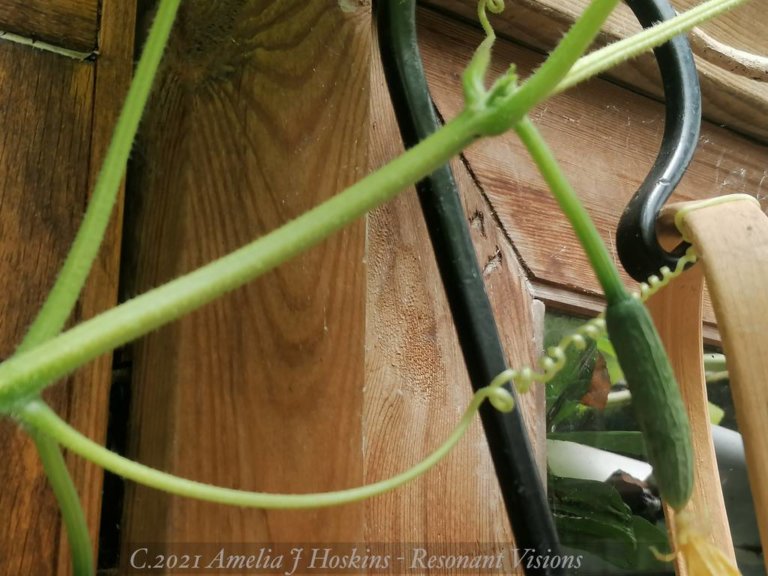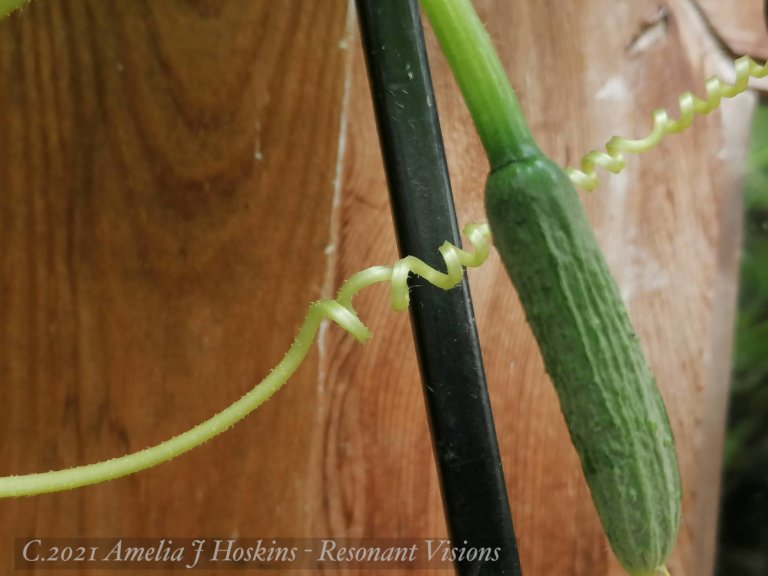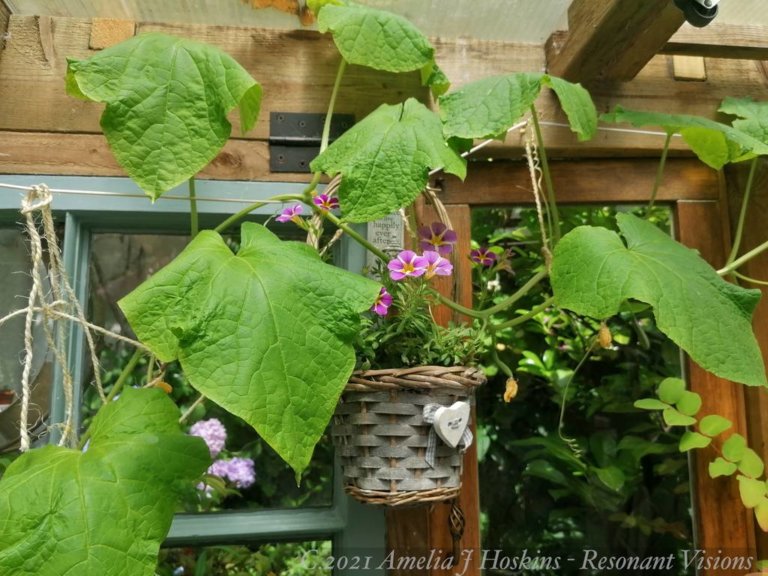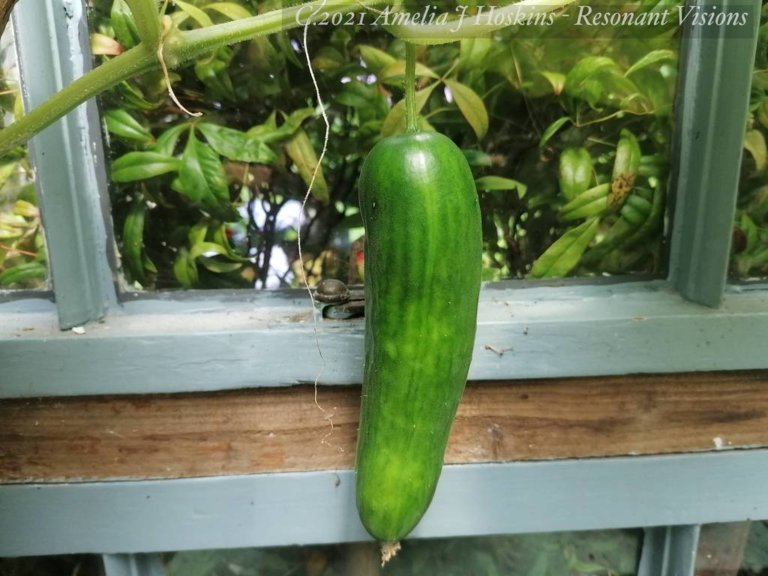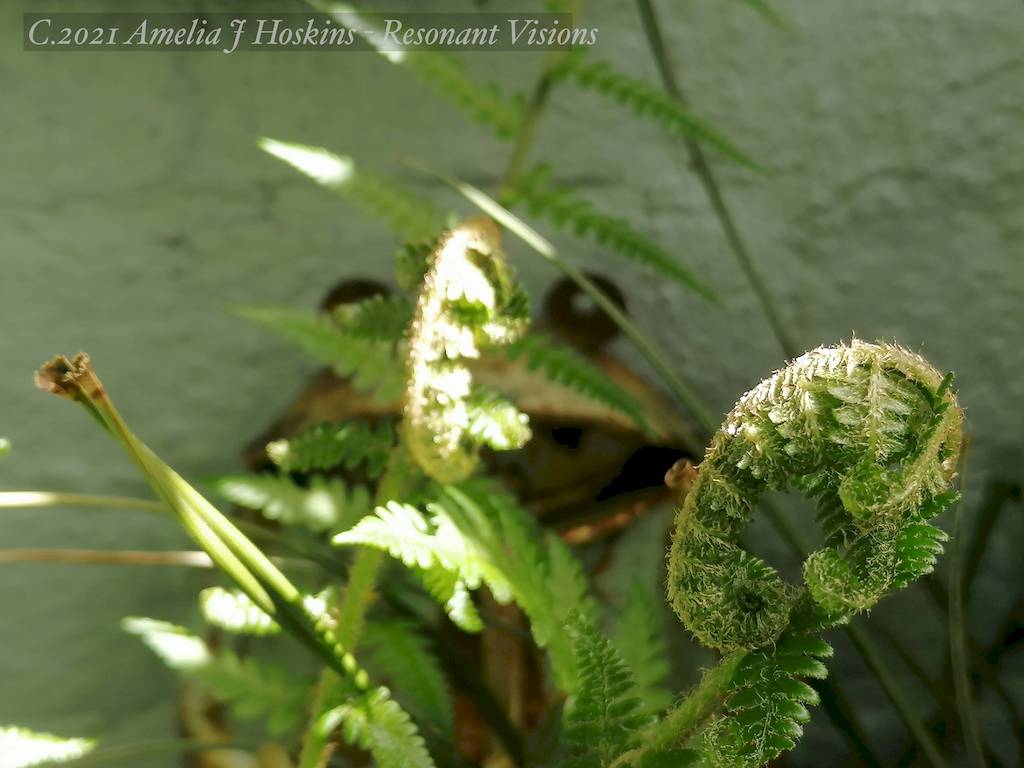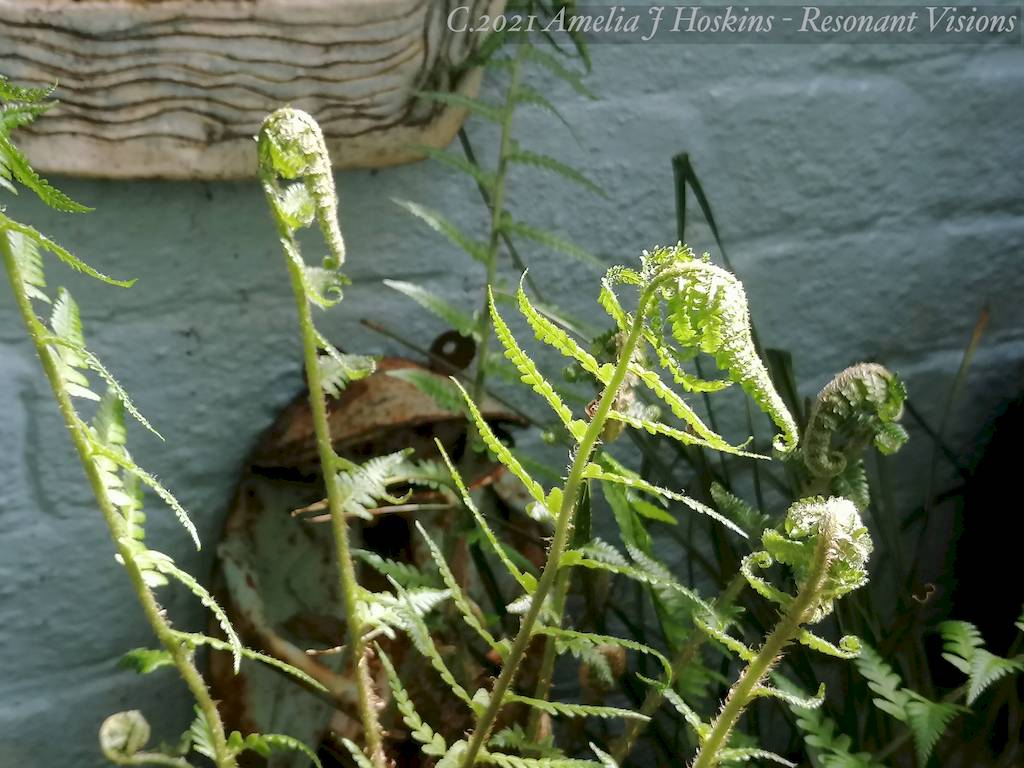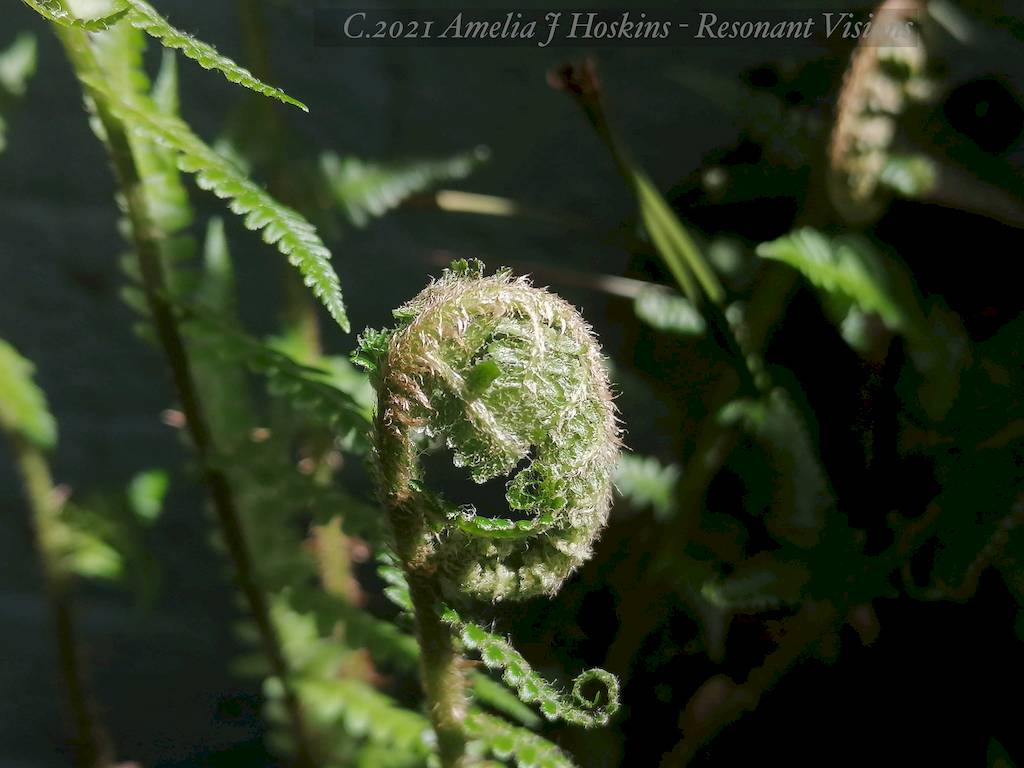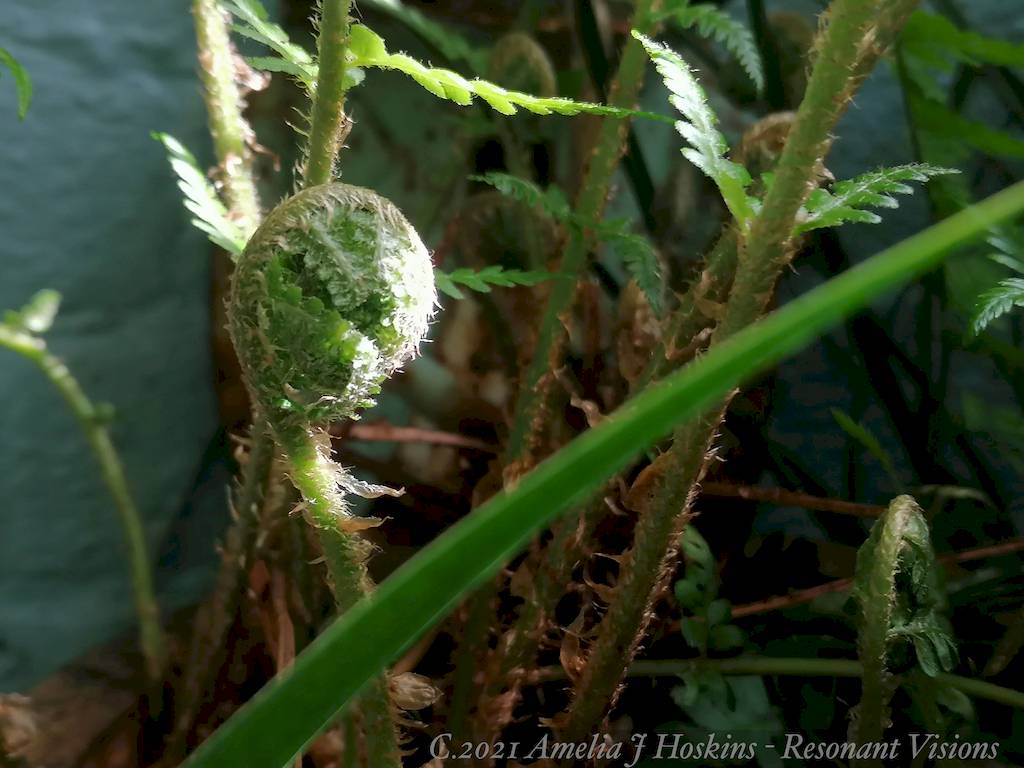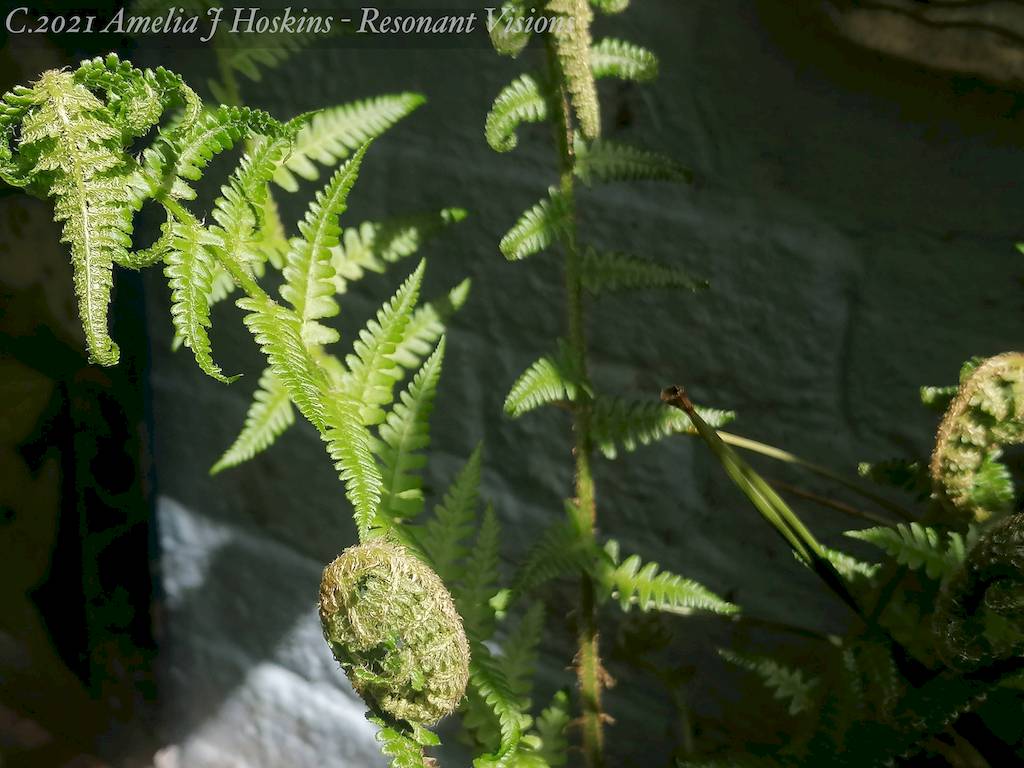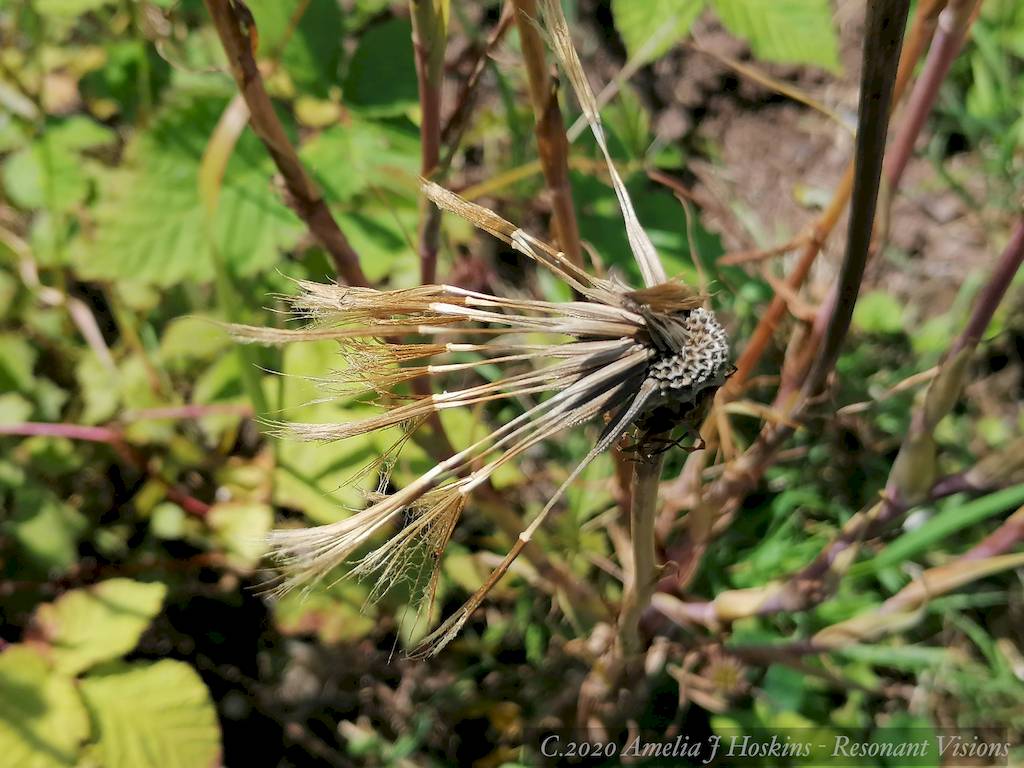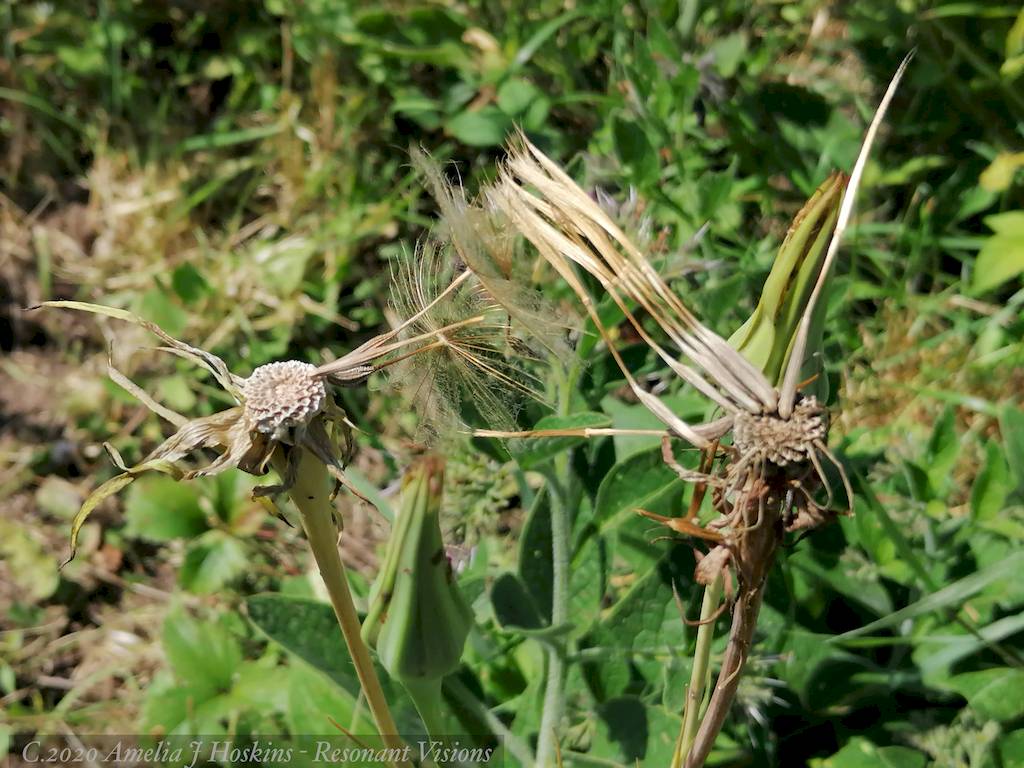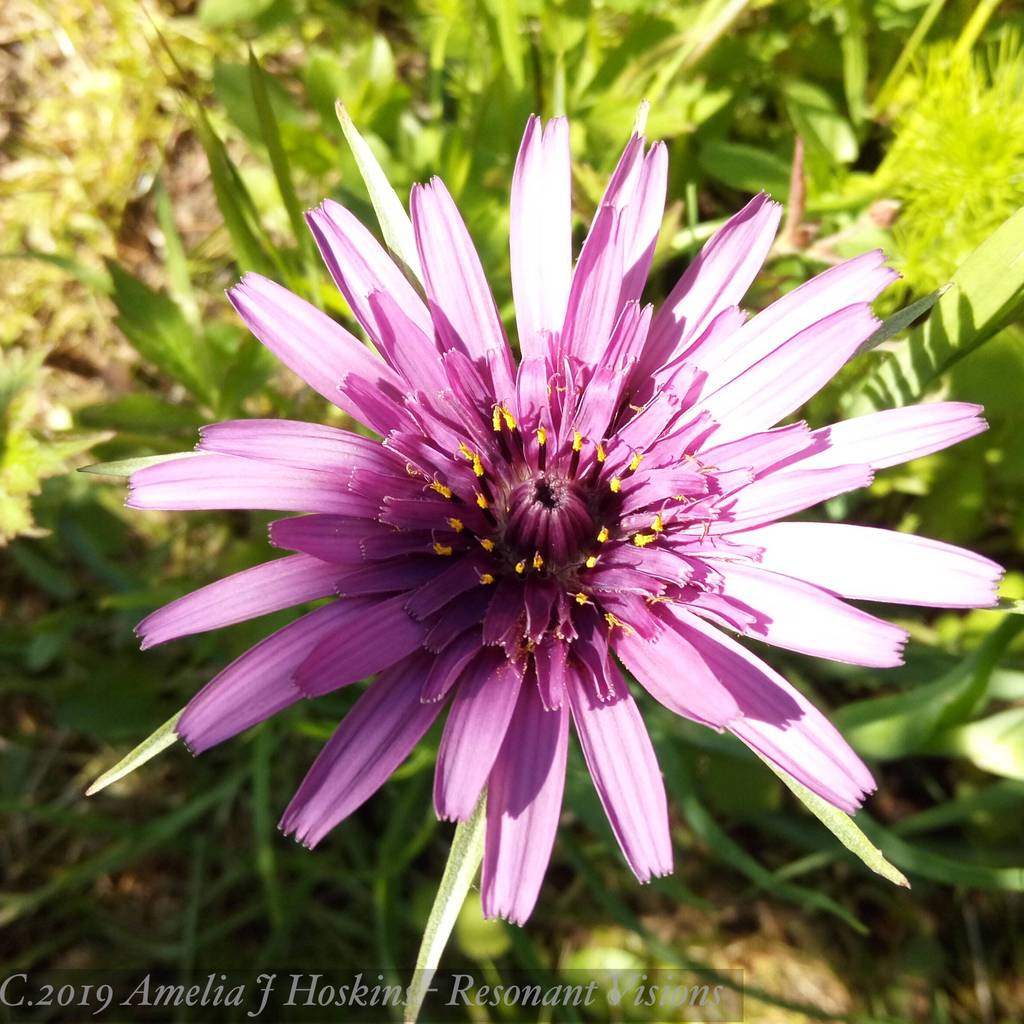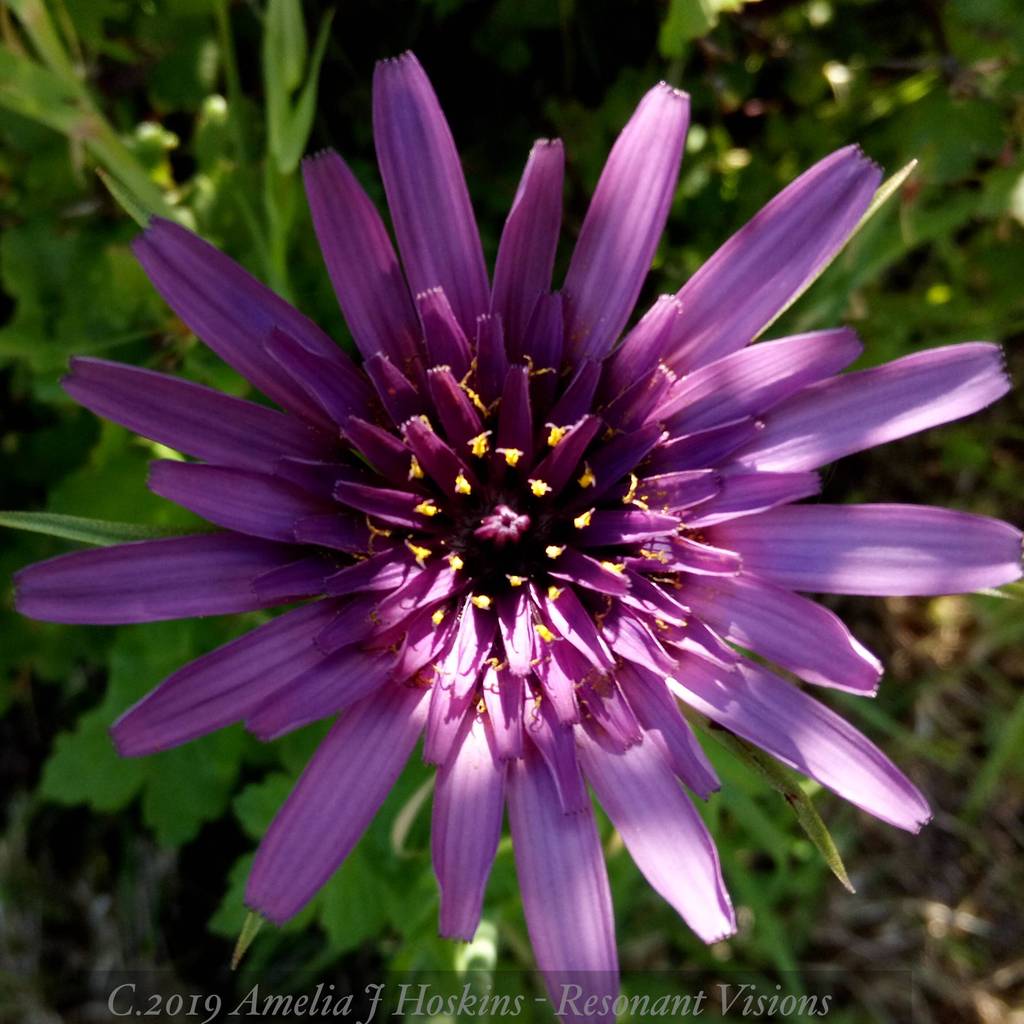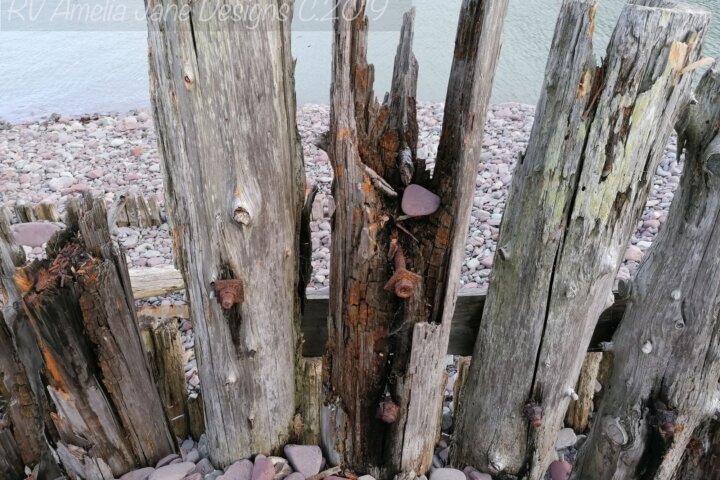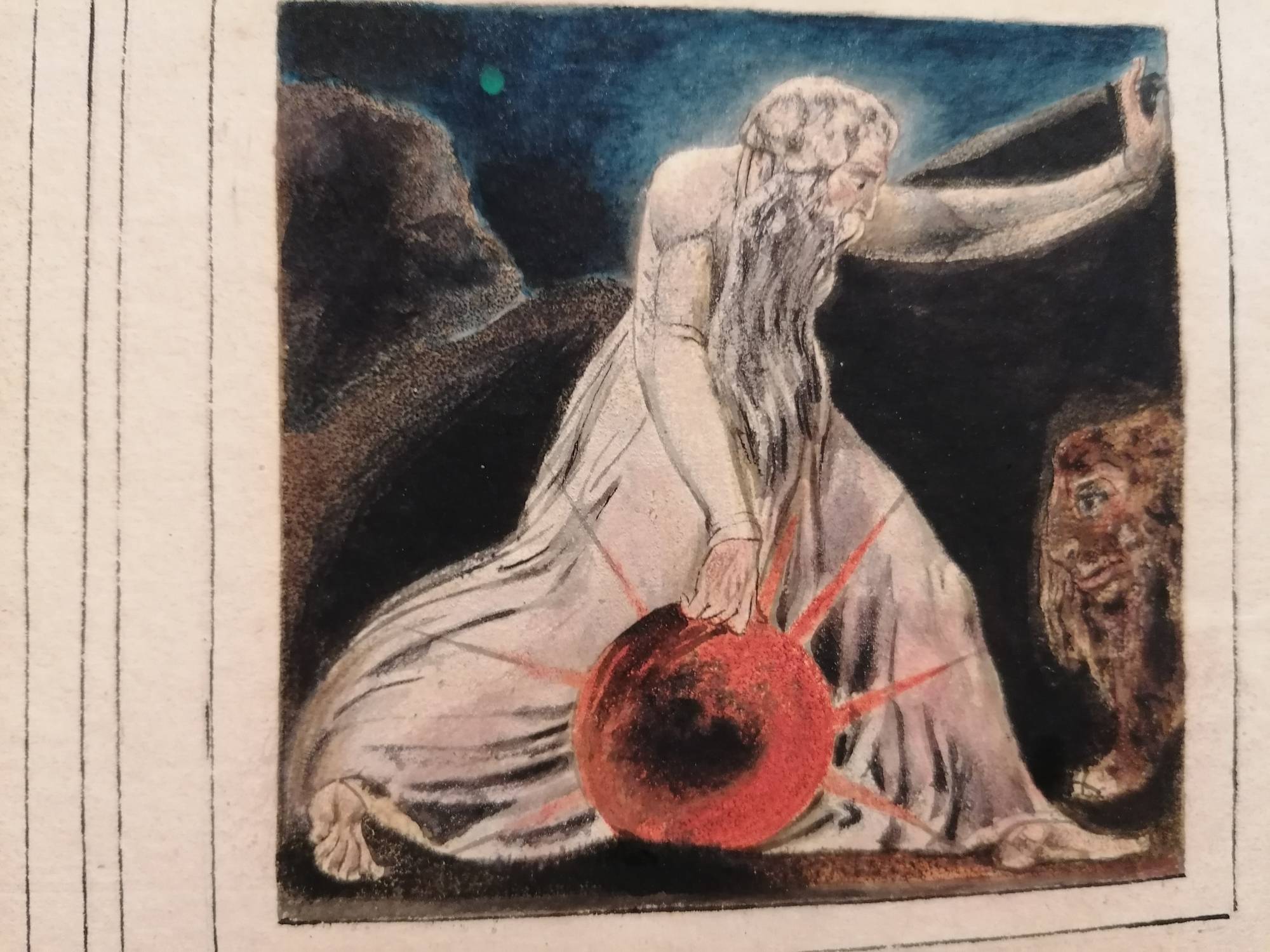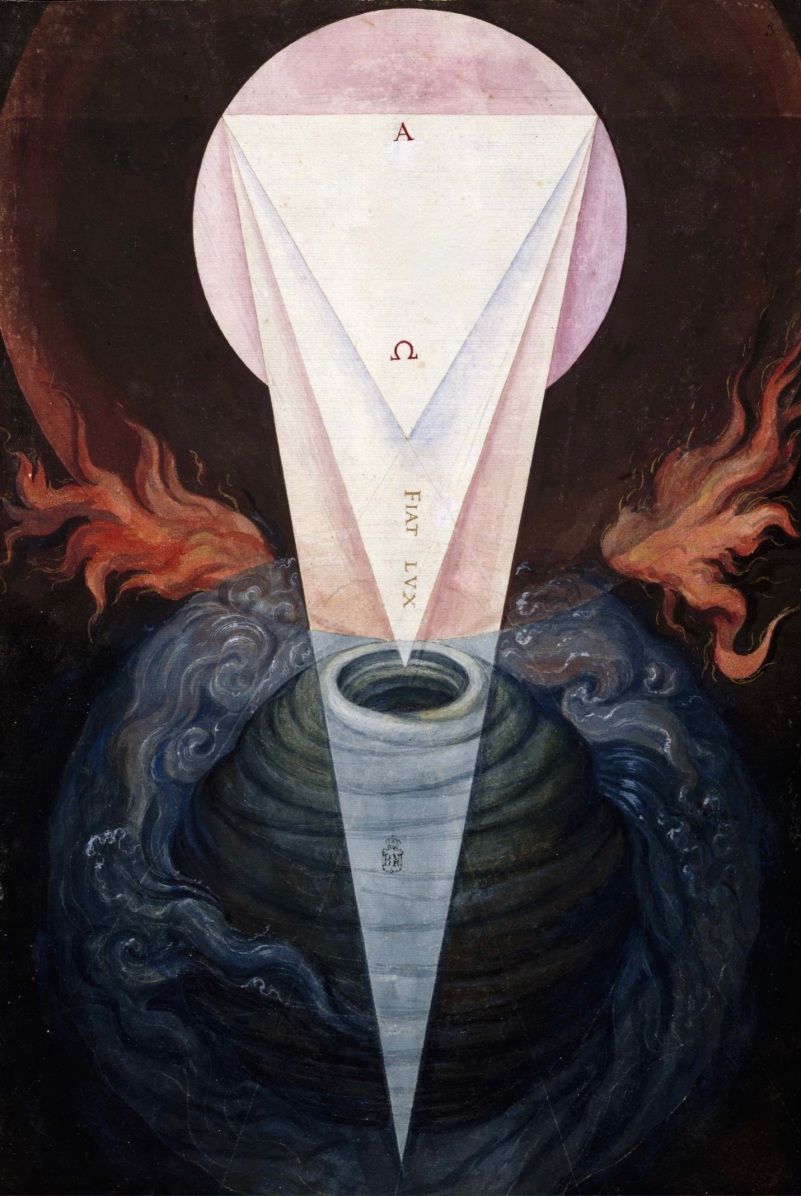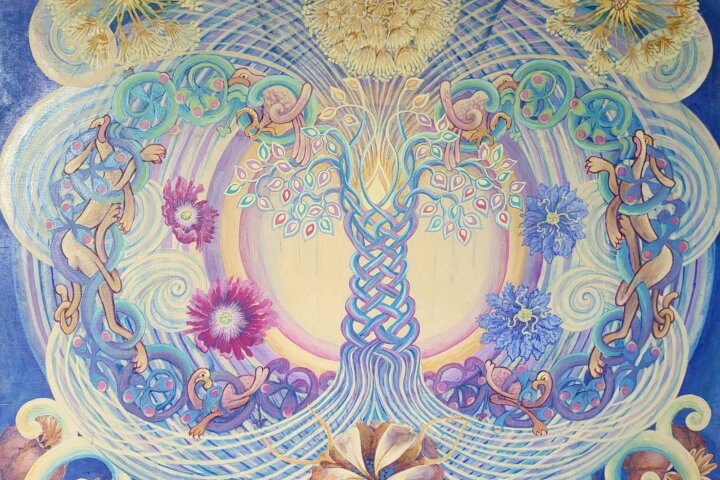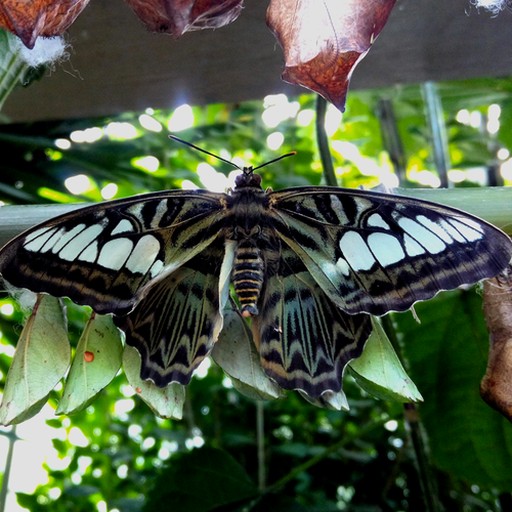Resonant Fractals
Geometry is the Language of the Universe
Physics and ancient medicine point to the same fractal patterns in the universe. Resonance Talks video explains this in relation to the bioelectrical map, the nervous system; not only within the body but relating outwardly. Speaker talks about tetrahedron formations.

Resonance Talks: Fractal Anatomy & a World of Health with Meredith Sands Keator.
Spiral Compression in Mathematics and Nature

Image credit: quantamagazine.org (see related sphere)
Physics mathematics shows a sphere can be compressed to a point through spiralling. Above image shows enlarged surface area of a sphere in twisting corrugation.
Orbital Planetary Spirals
The Connected Universe, Official Trailer 2016 [FIND MISSING]
Spiral Suspension
A tight spiral, by virtue of its extension potential, carries good strength in the case of this cucumber tendril support. Its very strong, when pulled, as a metal spring would be, to hold the heavy cucumbers along the stalk. I originally gave the shorter stalk some string support, hoping it would trail along the washing line, but it actually found very firm supports, as it might do in undergrowth. Does it 'calculate' the strength needed in tendrils (spiral compression-elasticity) from the total area of light mass received in the leaf sizes?
Cucumber Intelligence - knows to increase the spiral strength, and therefore elasticity, to support the weight of 12 setting cucumbers - Nature's intelligence beyond 'Artificial Intelligence'
Fern Spirals
Nature proves the above mathematical spiral compression theory in reverse! Ferns unfold from embedded spirals. How do all those leaf parts get into such a small space? As the plant received the energy, or light, this ancient plant responds by unfolding, becoming a solar panel.
Seed Hubs in Spiral Form
Salsify flowers: Even in the seed formation phase, spiralling can be seen on the remaining seed hub from where the seeds parachute from. The indentations from where the parachute seeds develop shows clearly the spiral format. (better in real life) First the flower attracts lots of light to its stamen centre, then this is converted into seed formation. Interestingly the Salsify flower closes every day at mid-day, with green sepals covering over closed. Could it be it needs the remainder of the day to 'process' the light stored and convert to seed energy for the hub?
